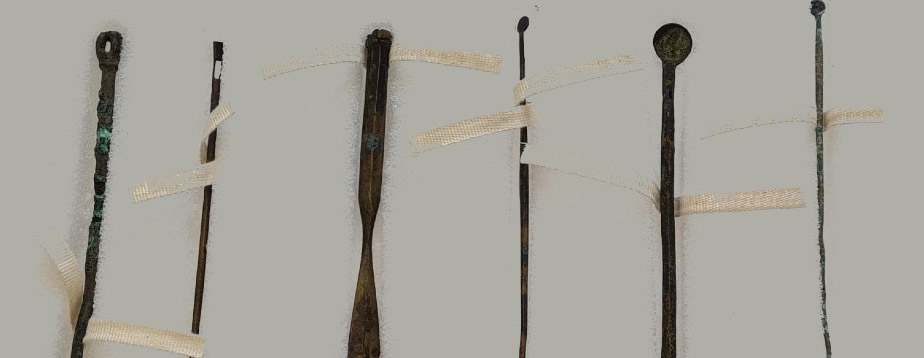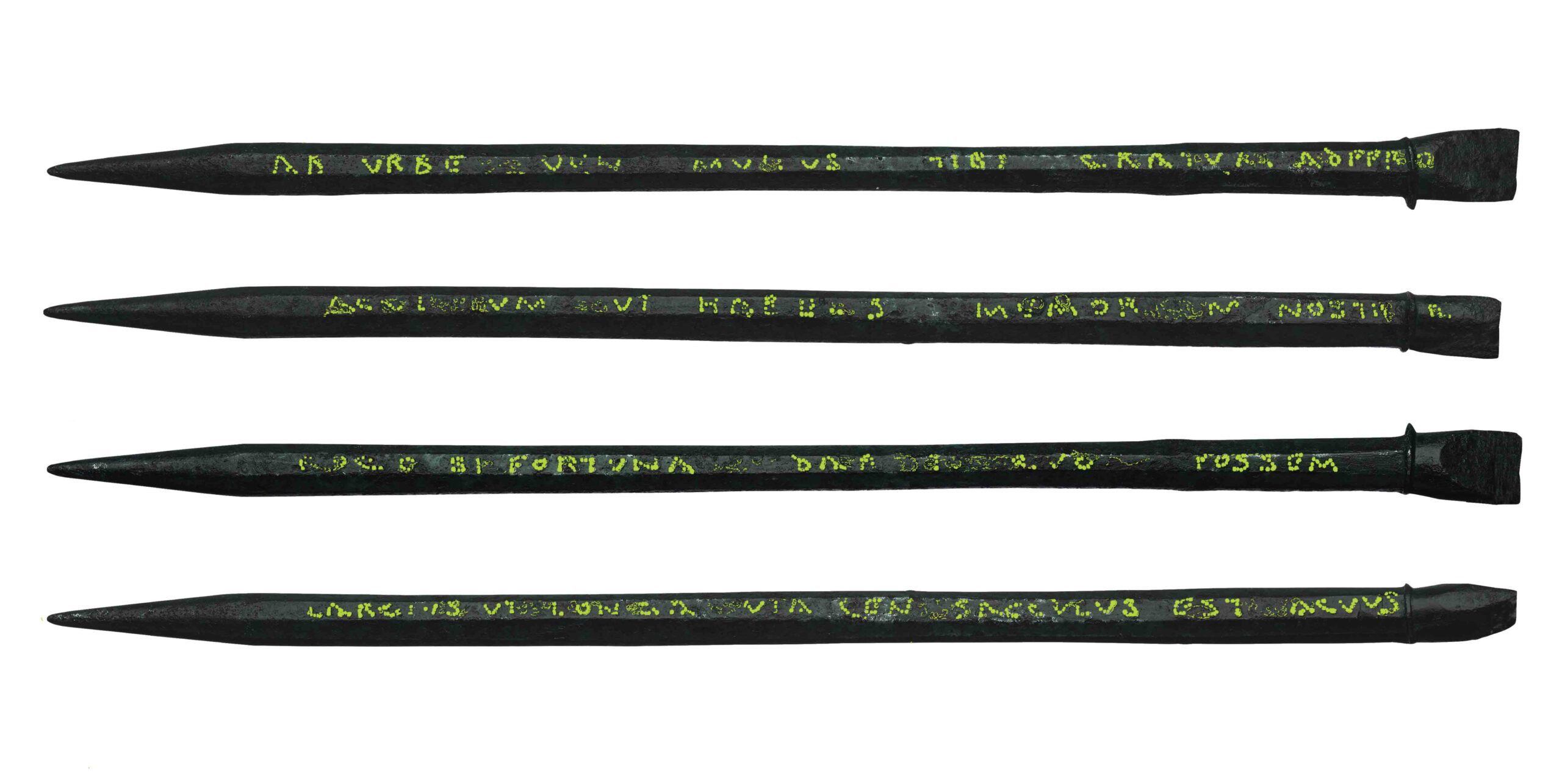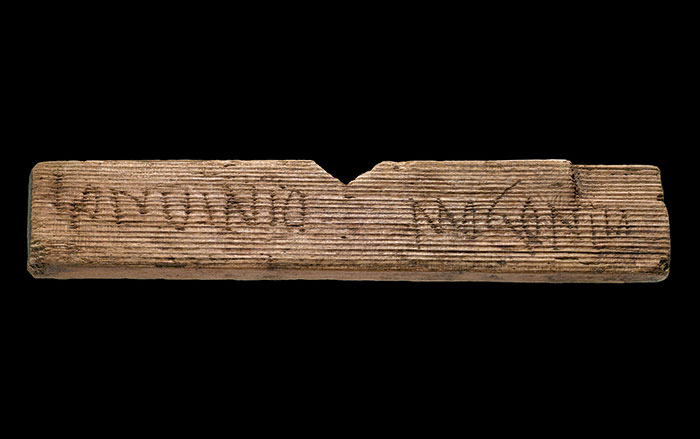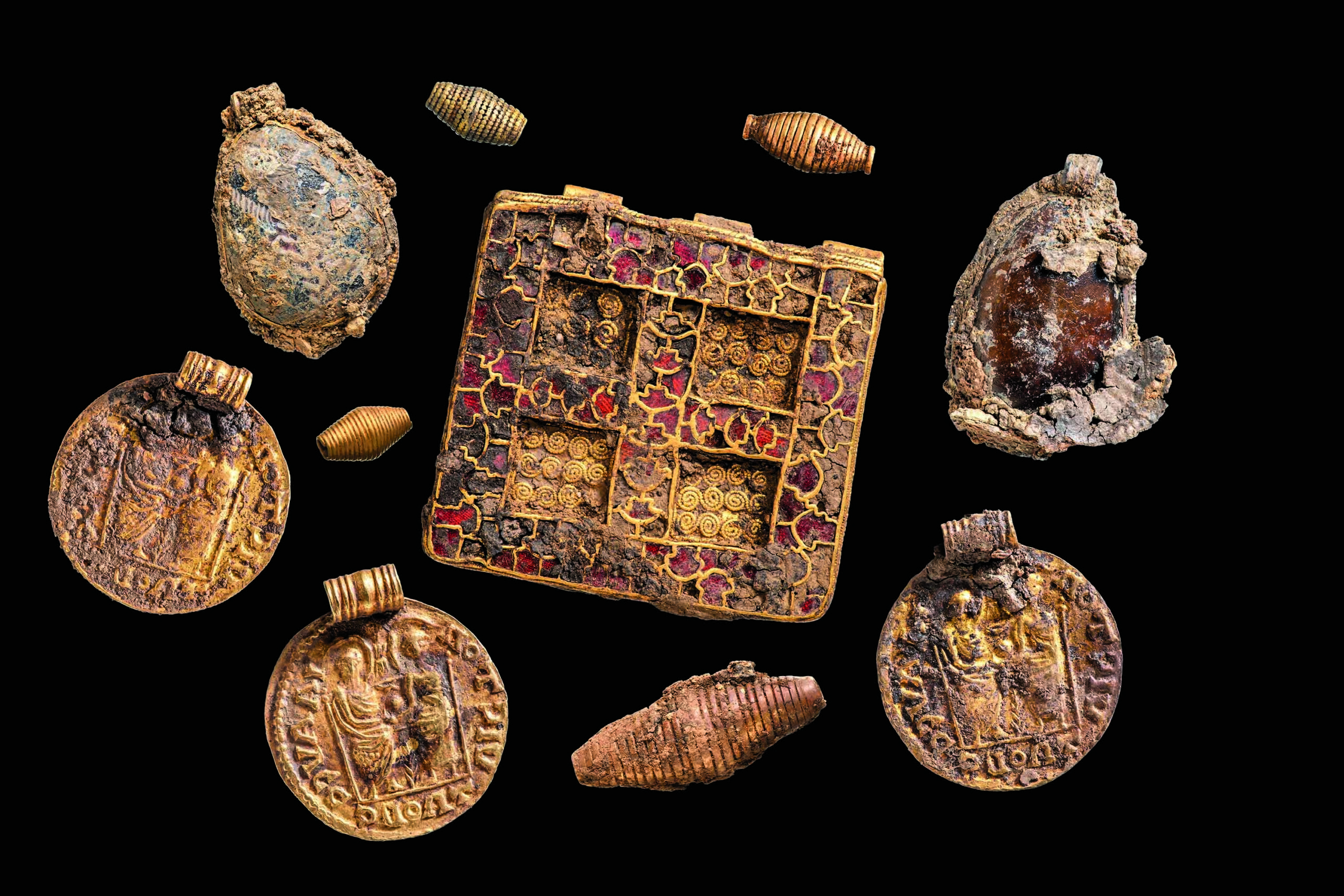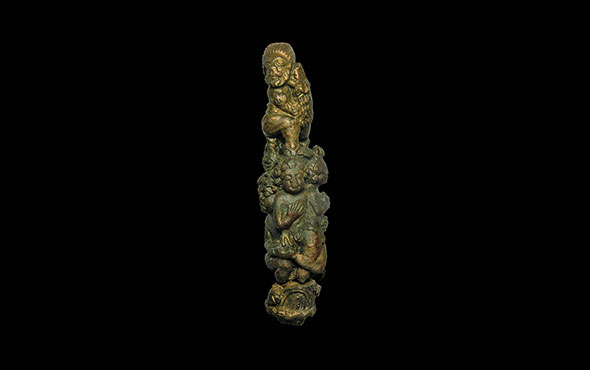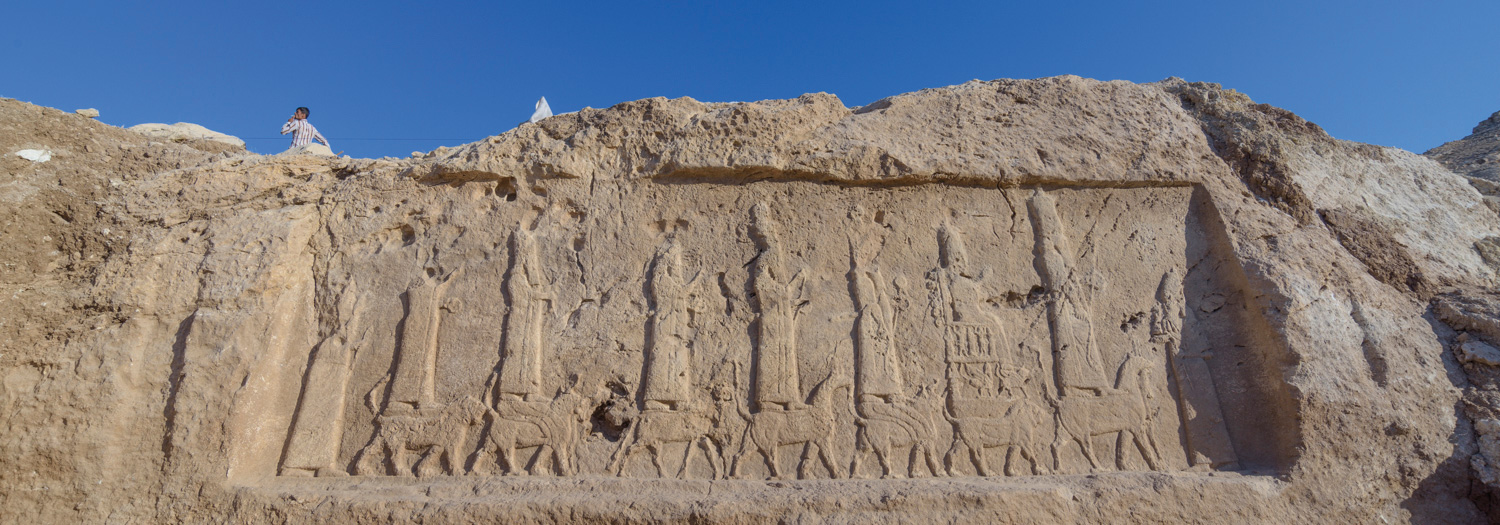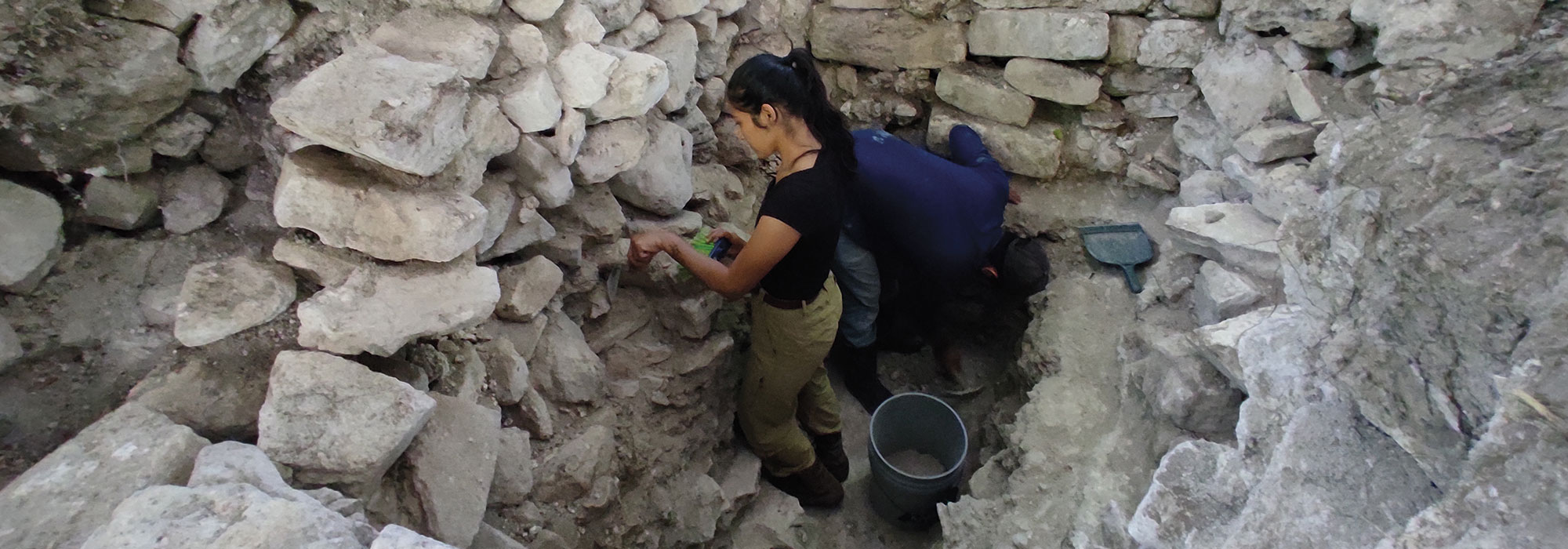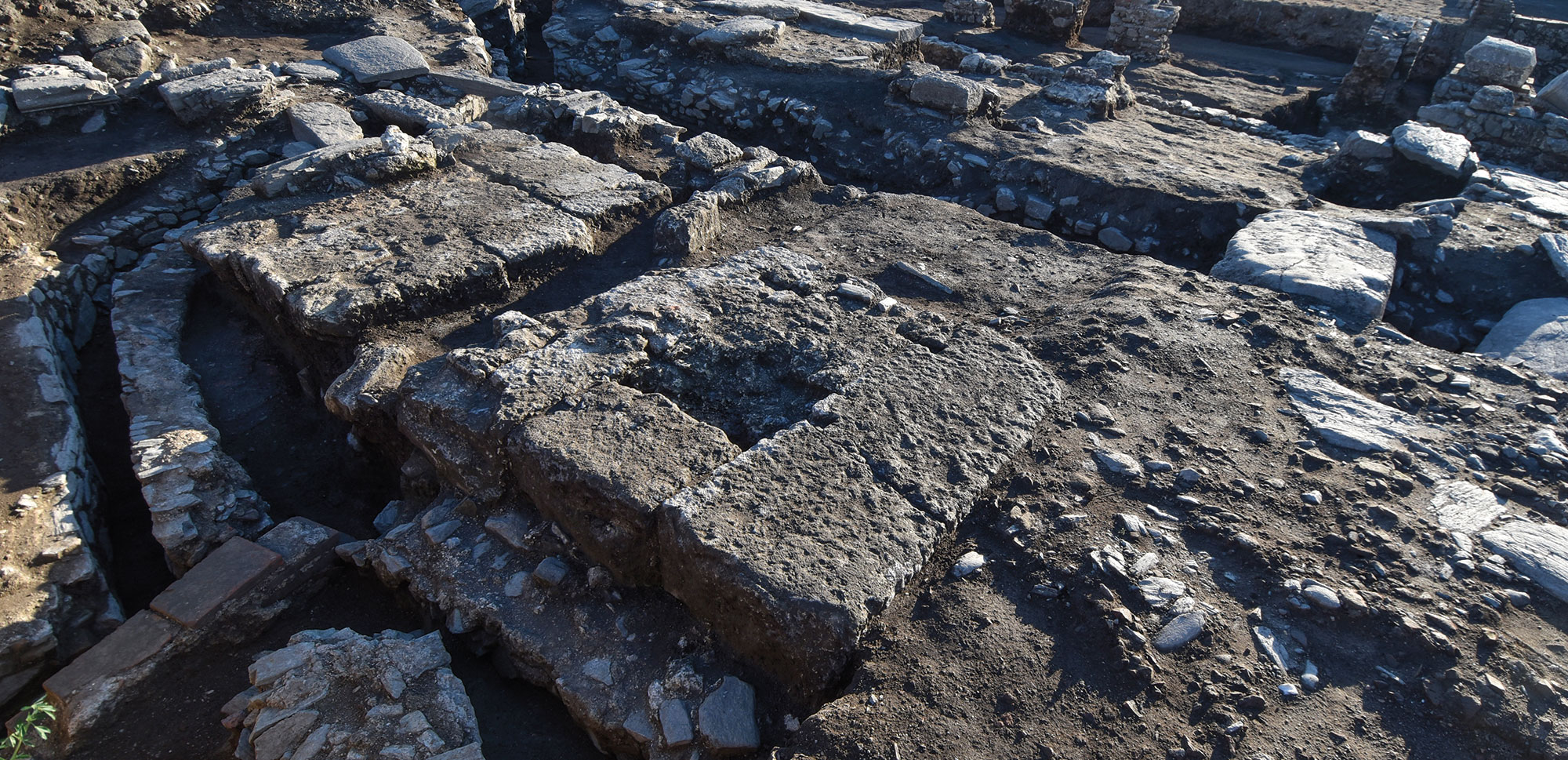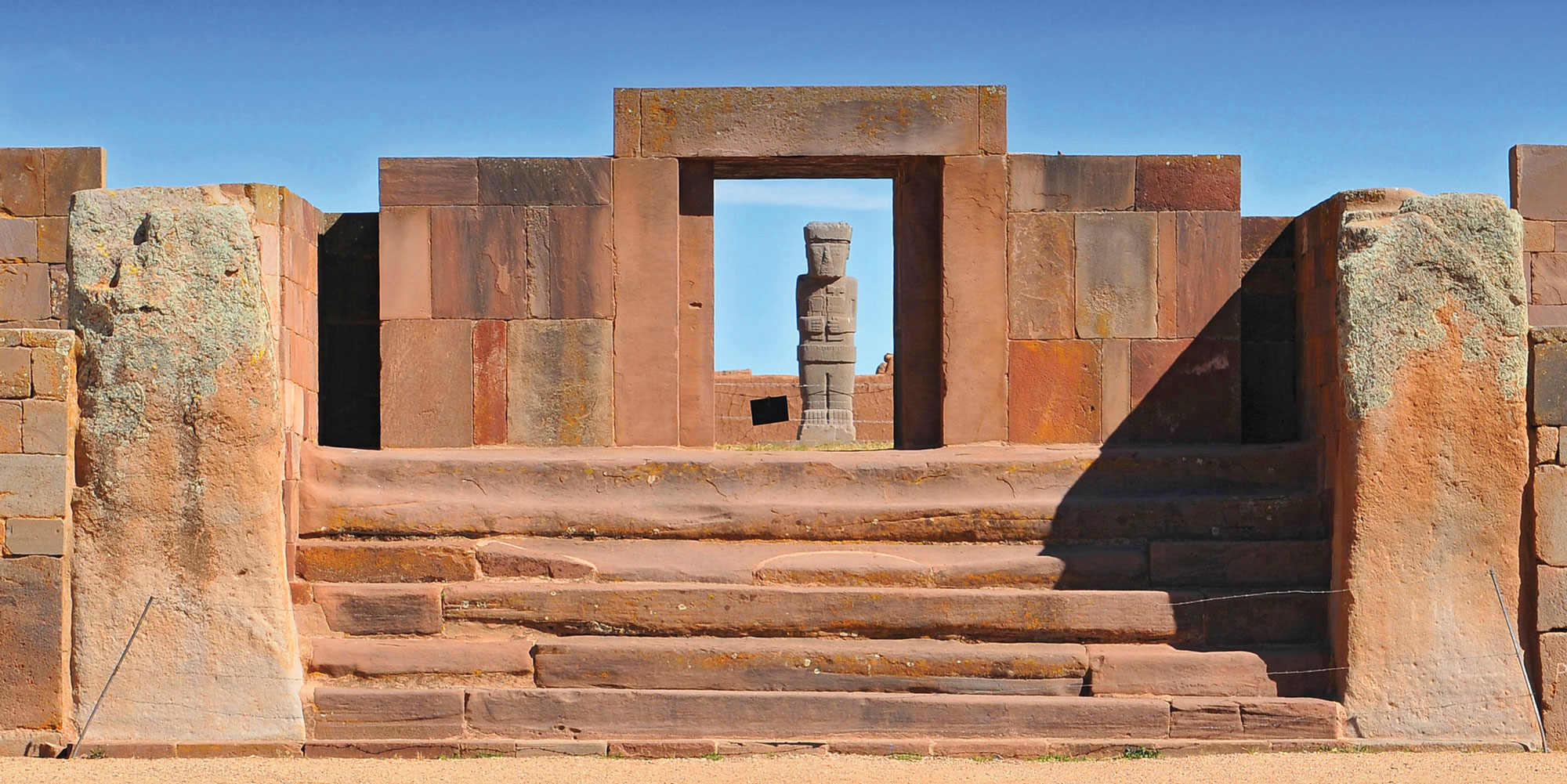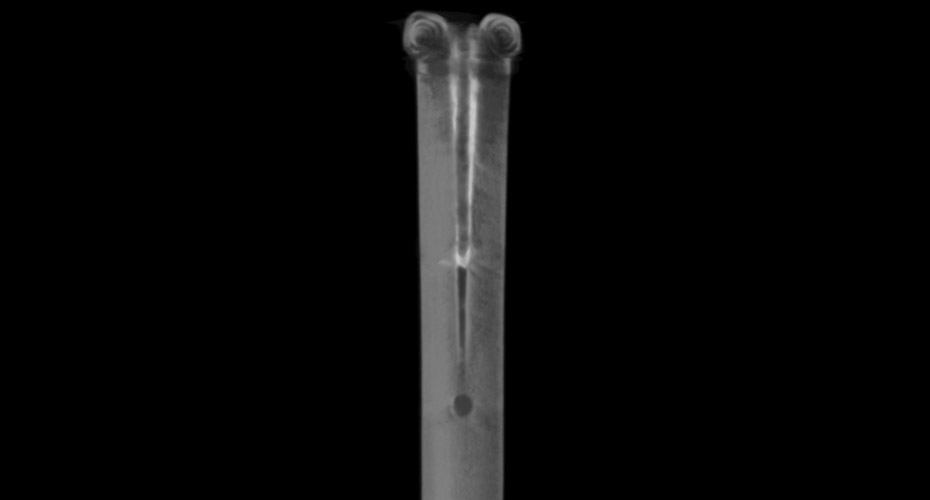
EXETER, ENGLAND—Newsweek reports that researchers led by Rebecca Flemming of the University of Exeter have examined Roman medical instruments with computerized tomography scans taken in the University of Exeter’s Science, Heritage and Archaeology Digital 3D (SHArD 3D) Laboratory. The six implements were discovered some 125 years ago along a subterranean river in London that was once above ground in the Roman settlement of Londinium. The objects include a scalpel, likely used in operations and procedures such as bloodletting; probes that may have been used to examine wounds and fractures or to clean the wax out of ears; a spoon that was probably used to mix medications; and needles, perhaps utilized to sew bandages. The scanning technology revealed details on the tools that had been invisible to the naked eye. “The little scrolls—functional and decorative—on the scalpel handle are the most obvious,” Fleming commented. The socket where the iron scalpel blade was originally inserted in the bronze handle was made with care, and the scrolls would have made it easier to replace worn blades, she surmised. “But some of the details on the two different needles/needle-like instruments are also intriguing,” she added. “For example, the secondary hole in the more complex ‘needle,’ which might be designed for a specific operation.” Fleming said that the tools are similar to other medical implements found in Italy, Britain, and Syria, which suggests that medical care may have been similar across the Roman Empire. Scanning medical tools could help researchers identify trends in care and connections between the objects, Fleming concluded. To read more about medical tools associated with the Roman Empire, go to “Around the World: Hungary.”



